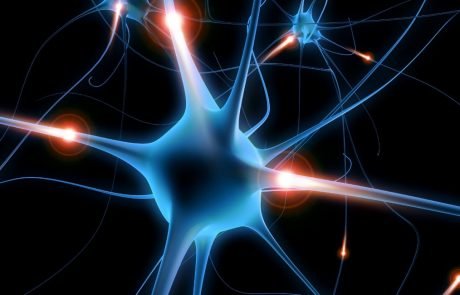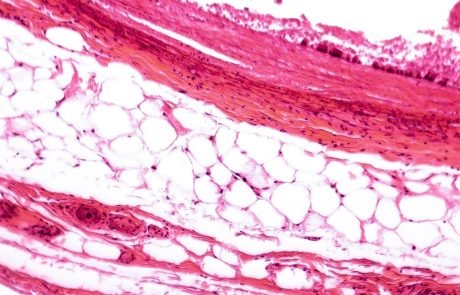What geopolitical implications could arise from transitioning to a low-carbon world? A new commentary published on 1 May in Nature examines four possible scenarios, which they refer to as ‘Four
All posts by Siobhán Dunphy
For the first time, researchers have analysed gene expression patterns of individual cells of patients with Alzheimer’s disease. In an early release of the study, published on 1 May in
A new paper published last month in Bioinformatics has presented a new statistical tool that can map population data faster and more accurately than previously (1). The new software, called
Australian researchers have discovered a potential antidote to the deadly box jellyfish sting. The paper, published on 30 April in Nature Communications, suggests a cholesterol-lowering drug can block symptoms in
Not all fat cells are the same, according to a new paper published on 30 April in Cell Reports. And the makeup of these seemingly diverse fat cell populations could
A new study led by the International Food Policy Research Institute (IFPRI) in Washington shows that in addition to reducing the severity and number of extreme weather events, effective climate
Biodegradable plastic carrier bags cannot be relied upon to degrade more quickly, according to a new study published on 28 April in Environmental Science & Technology (1). The findings suggest
According to a new study published on 24 April in Science Advances, some wild tomatoes species have evolved to become insect-resistant. But how do the wild plants develop these unique
Environmental pollutants have a large impact on children’s health in Europe, according to a new study published last month in the International Journal of Environmental Research and Public Health (1).
The massive Human Genome Project launched nearly 30 years ago brought hope that scientists would finally decipher the root cause of human disease. However, reality has not quite met expectations,









